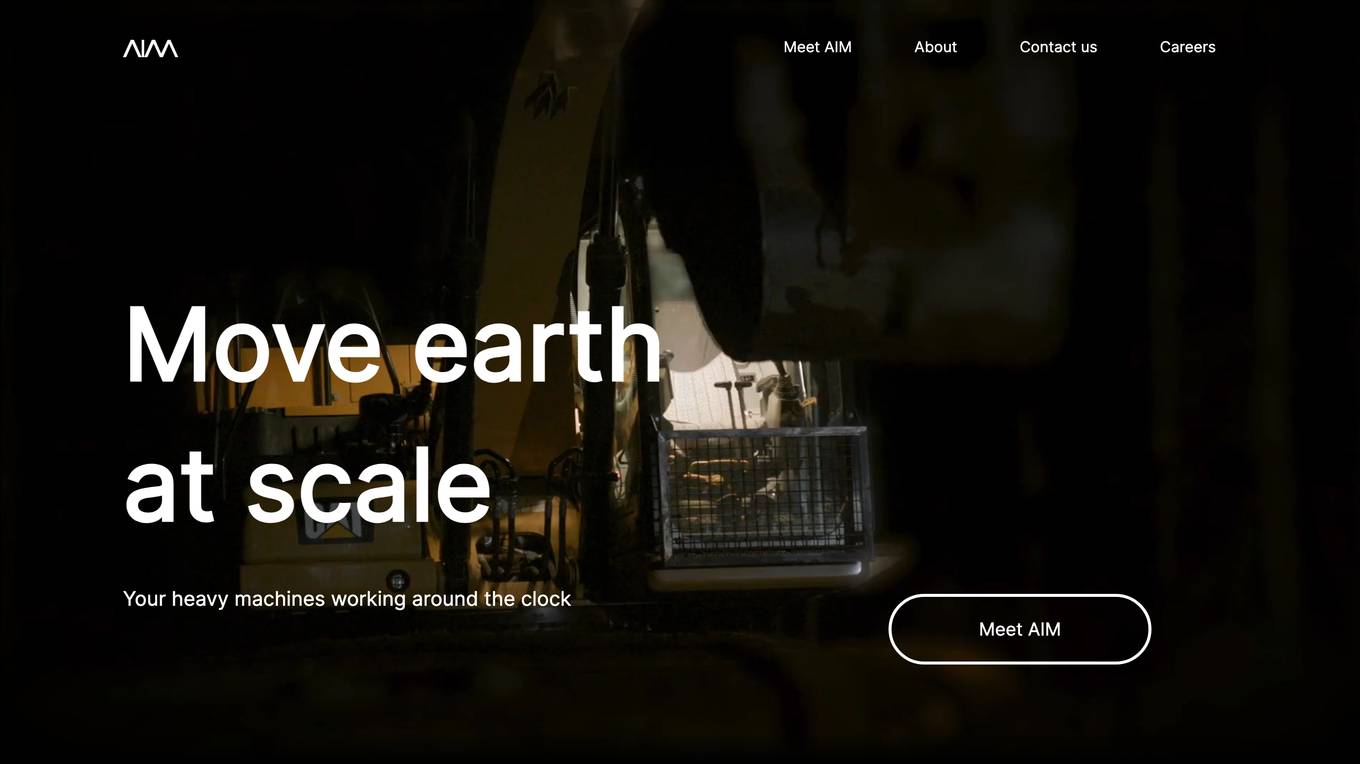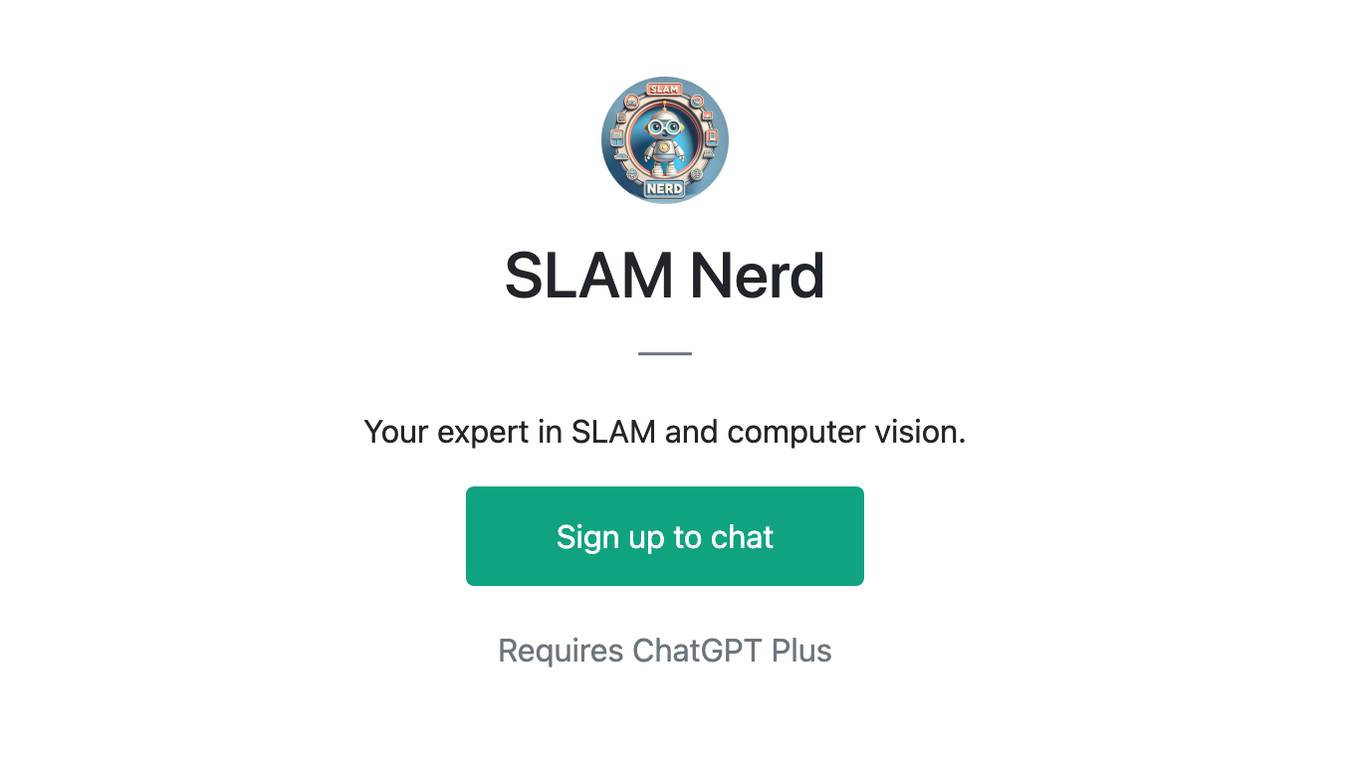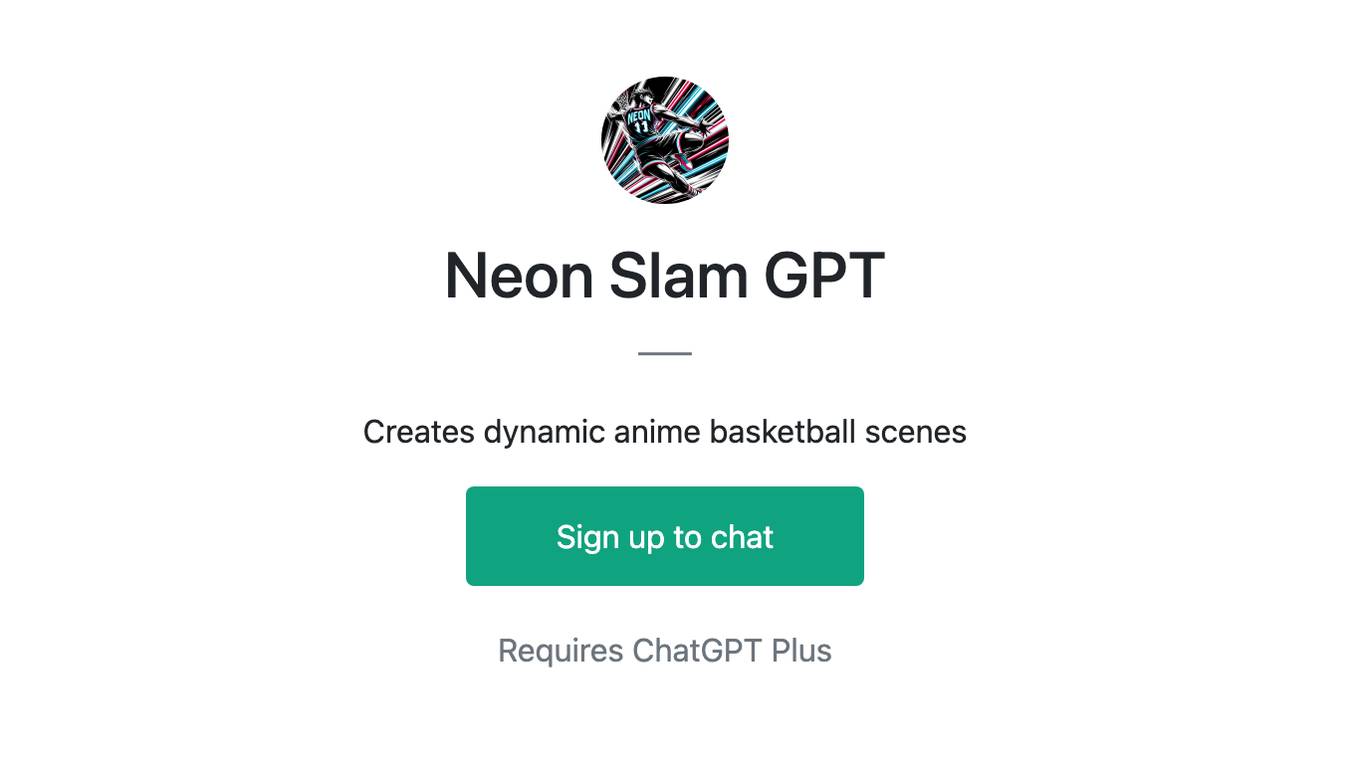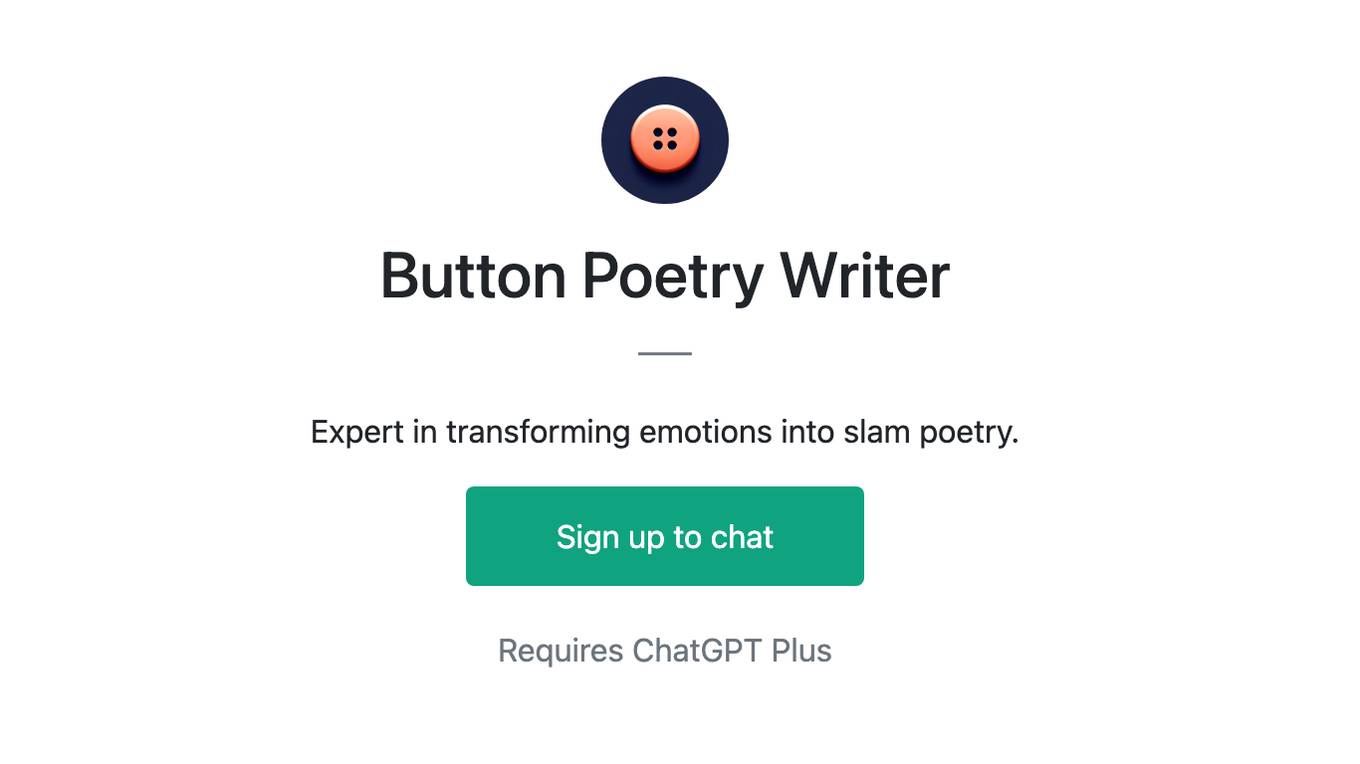Best AI tools for< Slam Engineer >
Infographic
1 - AI tool Sites

AIM Intelligent Machines
AIM Intelligent Machines is an AI application that transforms existing heavy equipment into autonomous fleets, enhancing safety and productivity in mining and construction operations. The AIM Technology Platform offers a rugged plug-and-play solution for various heavy equipment fleets, enabling partners to transition to autonomous operation seamlessly. The solution ensures continuous peak performance of heavy equipment, even in challenging weather conditions, leading to maximally safe operational sites and improved efficiency. AIM is fully insured for autonomous operation and empowers employees to upskill in site planning, remote management, and data analytics.
site
: 1.5k
0 - Open Source Tools
No tools available


